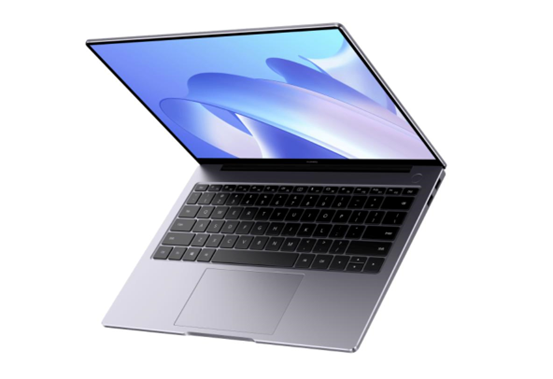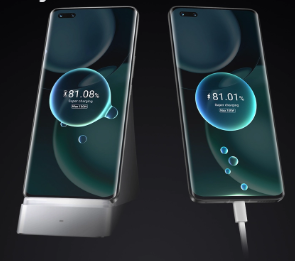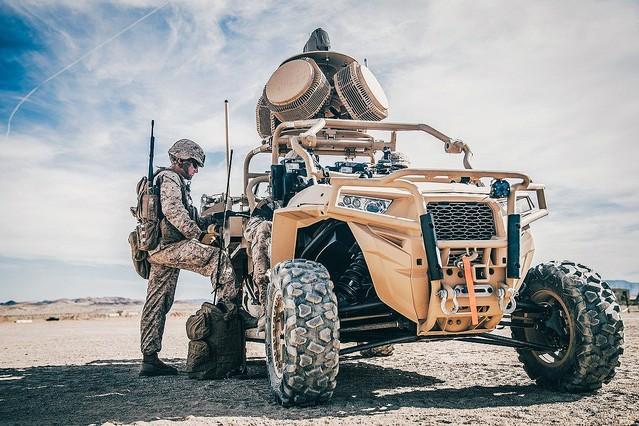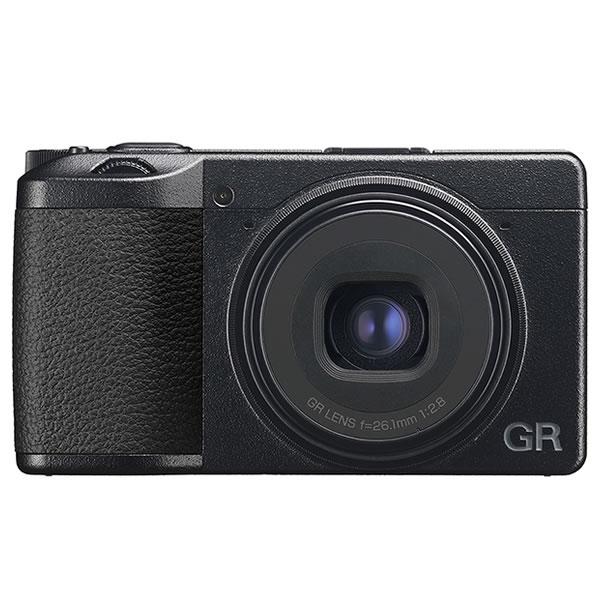Engadget Logo Engadget Japanese version "Artificial intelligence is not recognized as a patent inventor" in the UK. Who is the inventor of the patented product created by AI?
If Artificial Intelligence (AI) creates something useful (recipe) or devises some epoch-making method, who is the inventor / inventor if he tries to hold the patent? Will it be? In the last few years, AI has dramatically improved its ability, for example, it is becoming equipped with the ability to draw pictures and write sentences by itself, that is, creativity.
Dr. Stephen Taller, CEO of Imagination Engenes, developed an AI (artificial neural network) called "DABUS" that can autonomously invent something new by repeating thoughts and memories endlessly. " Claims to be a "creativity engine".
The patent case invented by DABUS does not know if it is practical or functional. Then, it seems that it seems that a person has applied for it. In 2019, Dr. Taller described DABUS as the inventor of several patents, including a "attractive device" in which the lamp blinks in a pattern that imitates human neural activity, around the world in 2019. I applied for it at.
Dr. Taller said he didn't mention his own name "because he couldn't contribute to the matter to the extent that he was the inventor, not his area of expertise." But perhaps it also has the intention of promoting DABUS and itself (and its own company) to the world by filing patent applications around the world as the inventor of DABUS.
However, as long as the application is filed, the patent agencies in each country have no choice but to examine it. And in many countries, including the United States, it was decided that the inventor would not be recognized as an inventor on the grounds that he was not a "living human being." However, Australia and South Africa have ruled to allow this, leaving countries with different judgments about what AI has invented.
The London Court of Appeals, which issued the decision this time, stated in the sentence that "patents are statutory rights and can only be granted to humans," and that machines (artificial intelligence) cannot obtain rights.
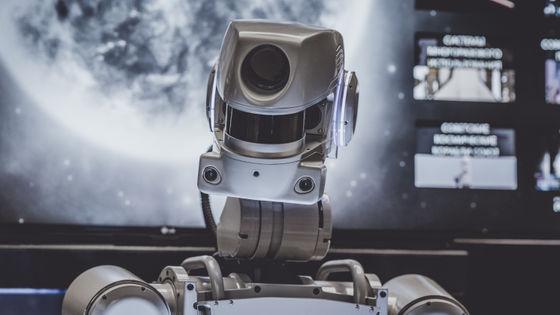
The common idea in many countries is that only people can be granted rights. Also, reasonably, when a machine acquires a right, it doesn't exercise it to do anything, and it doesn't seem to make sense.
However, in recent years, the number of cases where AI is used for the development of new drugs is increasing, and there is an opinion that even if there is an invention subject to patent, there may be cases where there is no person who corresponds to the inventor. I have. In fact, the new suspension developed by German technology company Siemens with AI in 2019 is allegedly unpatented by the inventor as AI.
Even in Japanese law, the pillar of Article 29, Paragraph 1 of the Patent Law stipulates that "a person who has made an invention that can be used industrially" can obtain a patent for that invention. It seems difficult to obtain a patent unless you are a "person". However, regarding DABUS, it seems that AI inventor eligibility examination has begun in Japan as well, so future developments are worrisome.
By the way (although the issue may be off), if you think about things on a rights basis, the case of "Do animals have rights?" Has also been disputed in the past. For example, in 2015, in a lawsuit over the rights of experimental chimpanzees kept in research institutions, the court ruled that chimpanzees are not humans and therefore rights (human rights here) are not granted. bottom. However, in 2014, Argentine lawsuits were filed for depriving zoo-reared orangutans of their freedom, and Argentine courts said that orangutans were "human rights" on the basis that 97% of their DNA was the same as humans. Was applied and a decision was made to order the release to the protected area.
Source: BAILII
via: BBC

